|
|
|
|
Nau mai haere mai – and happy lockdown anniversary …
One year ago, having only just created a COVID-19 alert level system, Jacinda Ardern’s government threw the country straight into level 3, followed 48 hours later, at 11.59pm on March 25, by a full level 4 lockdown. It lasted four weeks, plus another couple back in level 3. When it was over, Aotearoa New Zealand had effectively eliminated the virus and avoided a potentially catastrophic overload of the public health system. Then the hard work began.
Economic stress, remote working and learning, border closures, isolated outbreaks and further level 3 lockdowns — it has been a year like no other. And yet life was also strangely normal compared to so many other countries. What to make of it? Only now, as the vaccination programme begins to roll out, is it really possible to take stock. And, as Massey University professor of politics Richard Shaw writes, behind the social cohesion that has
largely got us through the pandemic lie familiar and worsening divides, especially the one between younger and older generations.
This week marks another anniversary, too, with The Conversation itself turning ten. You can read all about that remarkable journey here, and of course there is plenty more on our homepage. Thank you as
always for your support and readership. Until next time, mā te wā and all the best.
|
Finlay Macdonald
New Zealand Senior Editor & NZ Editor: Politics, Business + Arts
|

|
|

GettyImages
Richard Shaw, Massey University
A successful COVID-19 response gave the impression of social cohesion, but New Zealand's inter-generational fault line is rumbling.
|
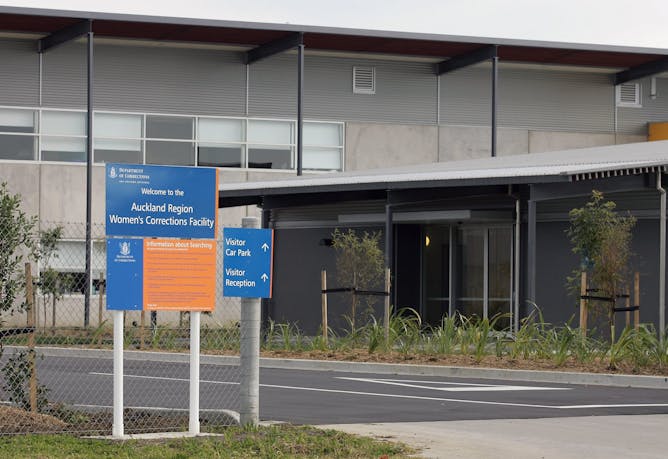
GettyImages
Ross Hendy, Monash University
Deciding whether force is necessary, reasonable and proportionate is often subjective, and this can leave both inmates and staff vulnerable.
|

Earth’s magnetic field protects us from the solar wind, guiding the solar particles to the polar regions.
SOHO (ESA & NASA)
Annika Seppälä, University of Otago
When solar particles reach the Earth, they not only produce spectacular auroras but also contribute to the chemical reactions leading to ozone depletion, which in turn influences climate patterns.
|
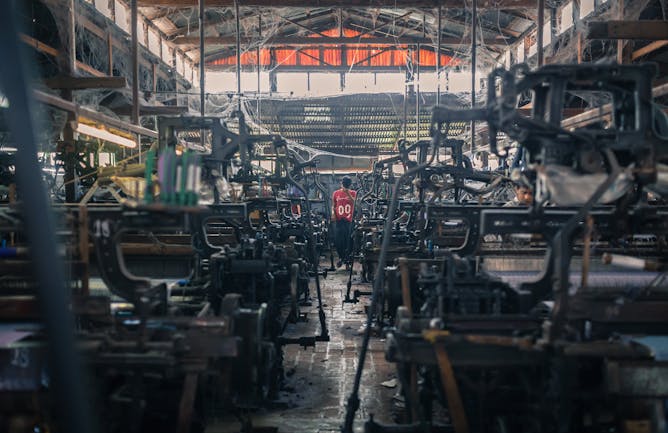
www.shutterstock.com
Kris Gledhill, Auckland University of Technology
Pressure from business leaders and a simple legislative process leave few excuses for not introducing rules to combat modern slavery in commercial supply chains.
|
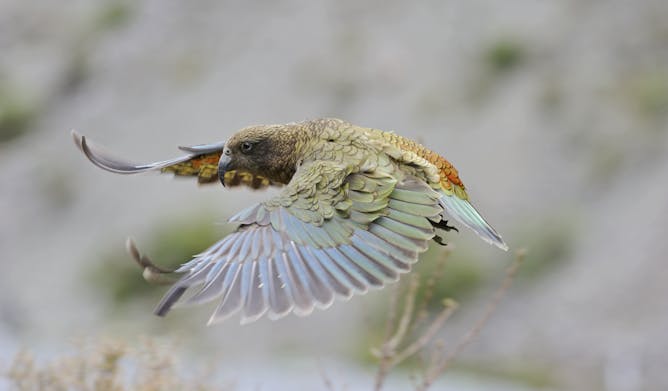
Education Images/Universal Images Group via Getty Images
Cate Macinnis-Ng, University of Auckland; Angus Mcintosh, University of Canterbury
Climate change has long been dismissed as a significant stress to New Zealand's native wildlife, but research shows it exacerbates existing threats such as introduced predators and habitat loss.
|
From our foreign editions
|
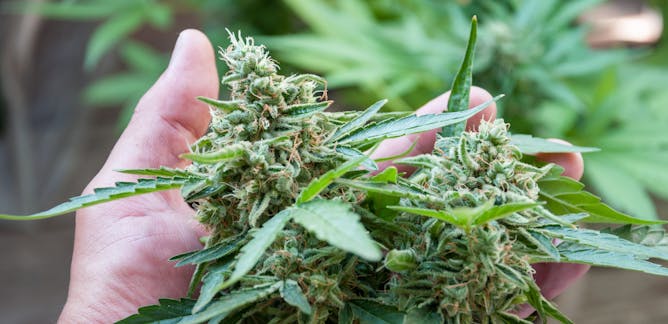
Michael Vagg, Deakin University
We can make the case against using medicinal cannabis to manage chronic pain by debunking three myths.
| |
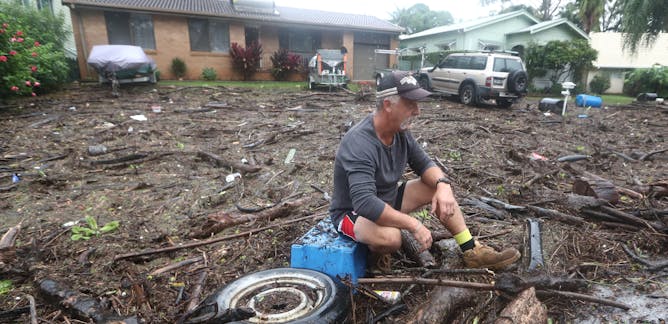
Mark Maund, University of Newcastle; Kim Maund, University of Newcastle; Thayaparan Gajendran, University of Newcastle
Evacuation and relief centres are often the first place disaster-affected people go, and should provide a minimum standard of living and care. But this standard is not always met.
|

Iain Taylor, Birmingham City University
Cassette tapes are in again – and this time, it's smaller artists who look likely to gain.
| |
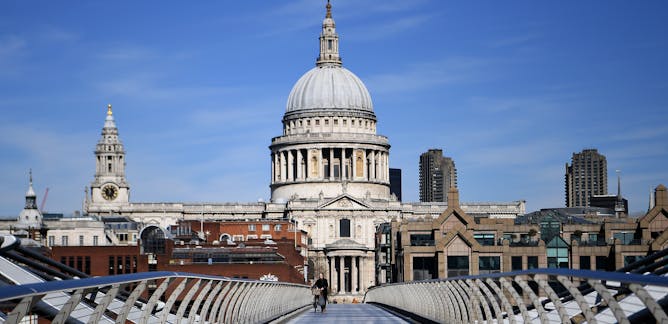
Christian Yates, University of Bath
Act quickly, act decisively, trust people, communicate clearly, tackle inequality and be prepared.
|
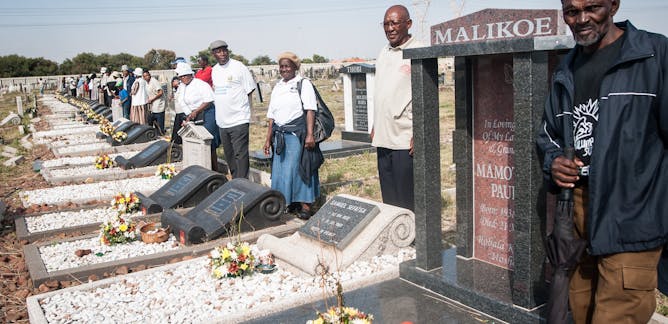
Benjamin Roberts, Human Sciences Research Council; Gregory Houston, Human Sciences Research Council; Jare Struwig, Human Sciences Research Council; Steven Gordon, Human Sciences Research Council
The low levels of familiarity with key historical events indicate that there are serious shortcomings in the development of national collective memory in South Africa.
| |

Erica Mildner, University of British Columbia
Could the resignation of Canada's governor general represent a watershed moment for workers’ rights?
|
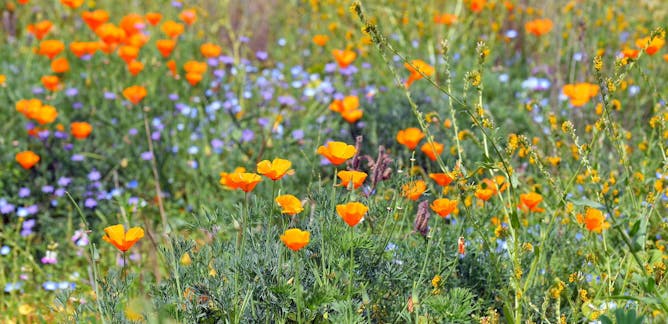
Brian Lovett, West Virginia University
Looking for a new gardening challenge? Turning your yard into an insect-friendly oasis could mean less work and more nature to enjoy.
| |
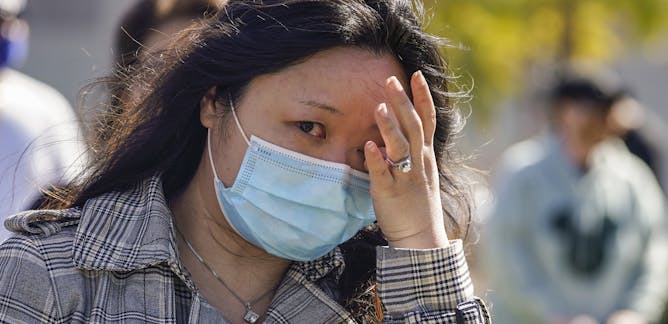
Karen Leong, Arizona State University; Karen Kuo, Arizona State University
US culture has long represented Asian American women as sexually seductive – showing how victims' gender and race cannot be separated when attacked by white male violence.
|
|
|
| |
| |
| |
| |
| |
| |
|
|
|
|
|
|
|